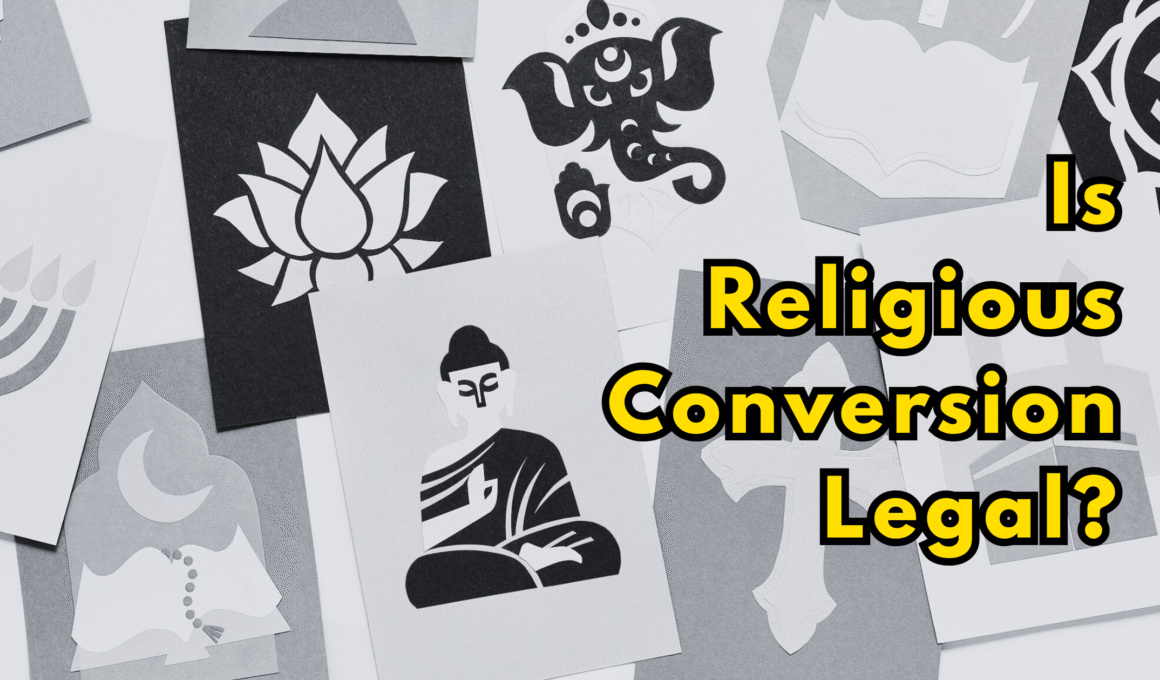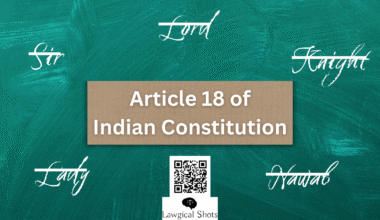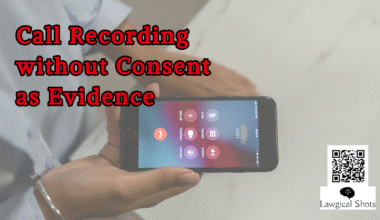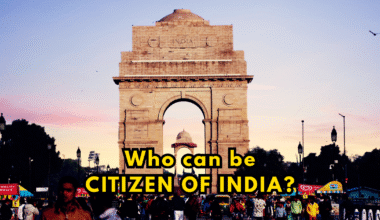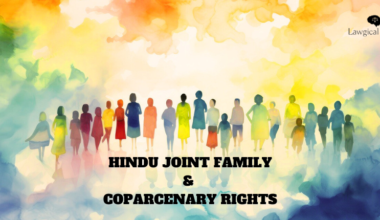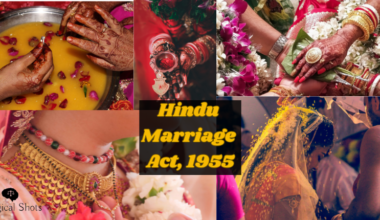India is a secular country which embraces diverse religions. With people being surrounded by so many religions, it is natural to leave behind what was given at birth, and embrace what attracts later. Yes, we are talking about religious conversion. Because religious faith defines a lot about who a person is and their habits. But there is yet another facet – Is conversion legal in India? Because religion is a sensitive topic, and abandoning one religion to adopt another sounds a matter of pride for religious heads. Therefore, whether conversion is legal, and Let’s find out step-by-step!
What is Religious Conversion?
In India, a person’s religion is determined at birth. So, if a person is born to parents who are both Hindus, the child becomes a Hindu. If both parents are Muslims, the child is brought up as per Islam and becomes a Muslim. In case of mixed religious beliefs in inter-faith marriages, the child’s religion is decided by parents in documentation.
This was all about the decision or However, if a child, after attaining the age of adulthood, wants to convert to another religion, that’s an option. Every religion is mostly open to expansion and if it is about conversion due to religious beliefs, it’s more likely to happen. Hence, a person leaving behind his/her religion to embrace or adopt another religious belief can be understood as religious conversion.
Is Conversion Legal in India?
The Constitution of India extends the fundamental right to religion. Conversion to another religion is also interpreted as part of the right to religion itself. Thus, the answer to the initial question is affirmative, that conversion is legal. The Constitutional Courts have time and again discussed the aspect.
Right to Conversion a Fundamental Right?
It may be noted that the right to conversion to another religion is not expressly included among the fundamental rights in Part 3 of Constitution of India. However, the Courts through several landmark judgments have interpreted the right to conversion as a fundamental right. Some of the relevant cases have been discussed below:
In Pushpabai vs. C.T. Selvaraj (1982), the Supreme Court indirectly answered the question “is conversion legal in India?” and confirmed the individual’s right to convert to another religion, provided that there is no coercion or misrepresentation. In Sarla Mudgal v. Union of India (1995), the Supreme Court further affirmed the inherent right of a person to change religions. However, the Court clarified that such religious conversion should not be aimed at evading responsibilities of defy the law.
In Shafin Jahan v. Asokan K.M. (2018) (Hadiya Case), the Supreme Court affirmed an adult person’s right to marry person of choice and choice of faith as well. The Court settled that “The absolute right of an individual to choose a life partner is not in the least affected by matters of faith. The Constitution guarantees to each individual the right freely to practise, profess and propagate religion. Choices of faith and belief as indeed choices in matters of marriage lie within an area where individual autonomy is supreme.” The Court further added that “ It is so as the expression of choice is a fundamental right under Articles 19 and 21 of the Constitution, if the said choice does not transgress any valid legal framework.”
No Fundamental Right to Convert Others
Since the fundamental question is conversion legal in India answered, let’s see if a religious group has the fundamental right to convert others to their own religion? The Supreme Court in Rev. Stainislaus v. State of MP (1977) denied the fundamental right to convert others to own religion. It was held that “It has to be remembered that Article 25 (1) guarantees “freedom of conscience” to every citizen, and not merely to the followers of one particular religion, and that, in turn, postulates that there is no fundamental right to convert another person to one’s own religion because if a person purposely undertakes the conversion of another person to his religion, as distinguished from his effort to transmit or spread the tenets of his religion, that would impinge on the “freedom of conscience” guaranteed to all the citizens of the country alike.”
What is Anti-Conversion Law in India?
In India, there is no particular anti-conversion law applicable to the whole of India. However, several Indian states have enacted anti-conversion laws. While the term may per se hint that it is against religious conversion, that is not the whole picture. If that would be the case, the said laws would have been declared against the Constitution. Several states like Madhya Pradesh, Odisha, Gujarat, Uttarakhand, etc. have enacted anti-conversion laws. Time and again, the Supreme Court has ruled that anti-conversion laws are not unconstitutional. The only condition precedent is that there is no coercion or misrepresentation in context with such conversion.
Thus, the anti conversion laws ensure that whoever converts to another religion, does so with free consent. There is no force, coercion, influence or misrepresentation to get the said person converted from one religion to another.
Reconversion of Religion
Since conversion from one religion is legal, would it be legal to convert again, to yet another religion or to the original religion? The answer to is conversion legal in India is affirmative. And the answer to legality of reconversion is also the same. However, the Courts had to brainstorm on the question of caste in case of reconversion to Hinduism.
G. M. Arumugam v. S. Rajgopal (1975)
While dealing with a case of reconversion and its effects, the Supreme Court held that there was no reason to hold that a person on reconversion to Hinduism cannot once again become a member of the caste in which he was born and to which he belonged before conversion to another religion.
S. Anbalagan v. B. Devarajan (1984)
Speaking of reconversion and caste system in Hinduism, the Court was of the view that after reconversion, a Hindu would come back to the initial caste. The Apex Court expressed that “The practice of caste, however irrational it may appear to our reason and however repugnant it may appear to our moral and social science, is so deep-rooted in the Indian people that its mark does not seem to disappear only conversion to a different religion. If it disappears, only to reappear on reconversion. The mark of caste does not seem to really disappear even after some generations after conversion.”
Conclusion
While religion plays a huge role in India, people’s liberty to choose has been upheld by the legislature as well as the Courts. In fact, it would not be wrong if we called Constitutional Courts as the guardians protecting people’s religious beliefs. So if someone asks, Is conversion legal in India, we know the answer is yes. However, is it unfettered? Absolutely Not! There has to be checks and balances, or the negative elements would use force and illegal means to convert people. The Courts have well settled that it is about right to choose faith, belief. Thus, nobody else but you should tell yourself why you would embrace a particular religion.
